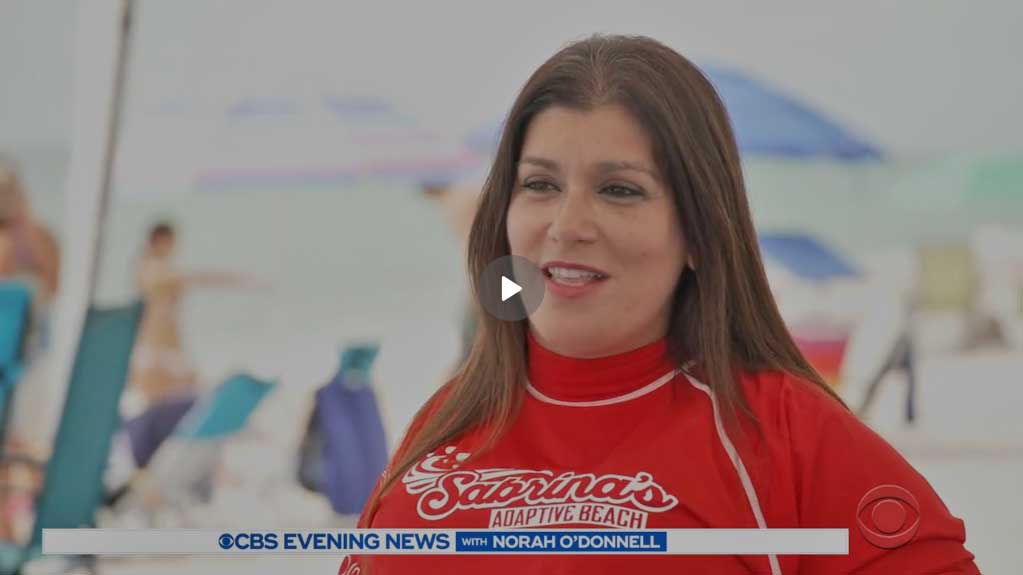by
As part of our series in cellular therapy, we previously described how CAR T therapy for treatment of B cell leukemia achieved early success in the field. T cell leukemia, however, engages a different part of the immune system and cannot be treated using similar cellular therapies. There is a need for more therapeutic options, as around 15% percent of people with T cell leukemia experience treatment-resistant relapse. Here we discuss a study published in the journal BMJ investigates a promising new approach inspired by CAR T therapy on mouse models.
T Cell Acute Lymphoblastic Leukemia (T-ALL)
T Cell Acute Lymphoblastic Leukemia (T-ALL) comprises up to 15% of acute leukemia cases in children and up to 25% of cases in adults. The condition arises when DNA in a bone marrow stem cell mutates spontaneously. Immature forms of T cells, important white blood cells for immunity, then begin to grow and divide at alarming rates. The abnormal, undeveloped cells ultimately crowd out other healthy white blood cells and impede normal function.
View Full Article – Click Here




